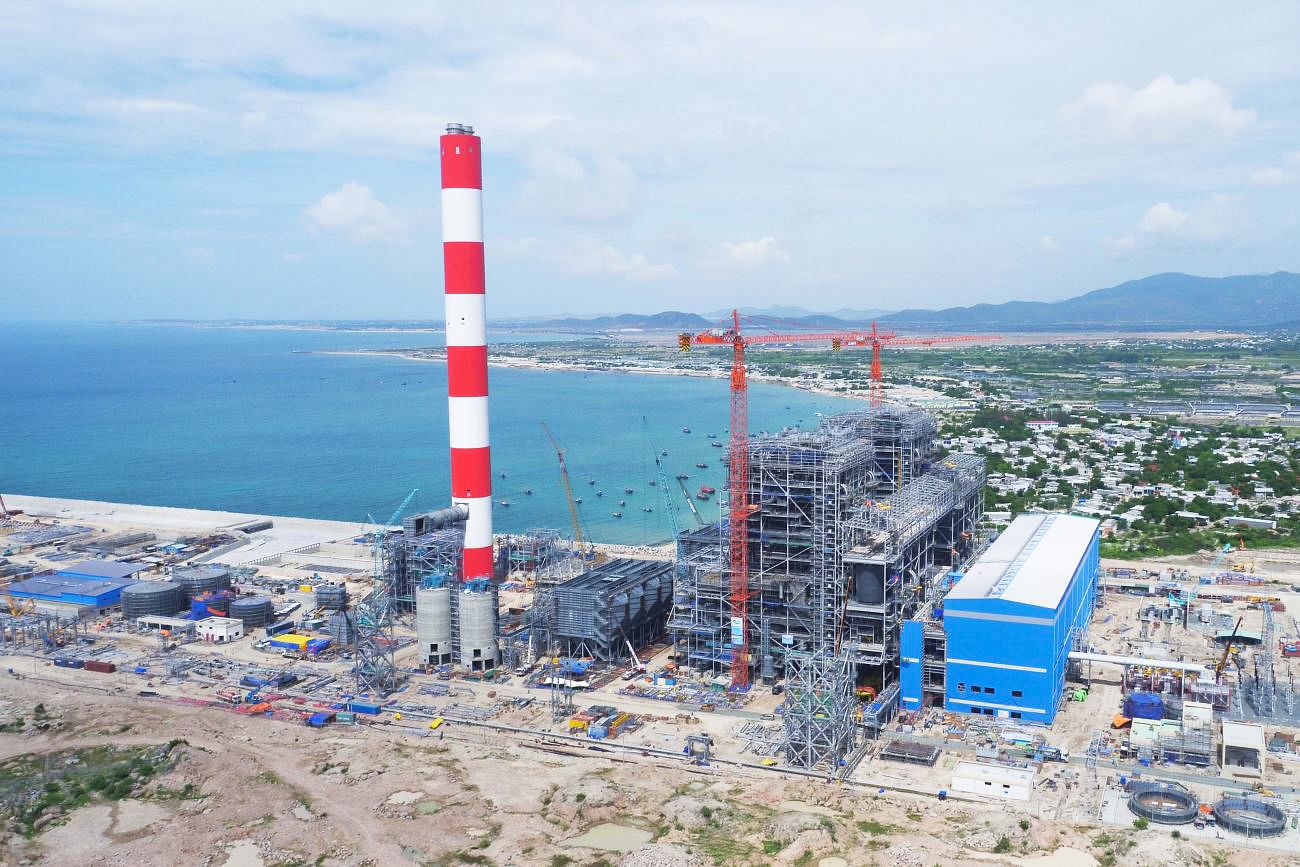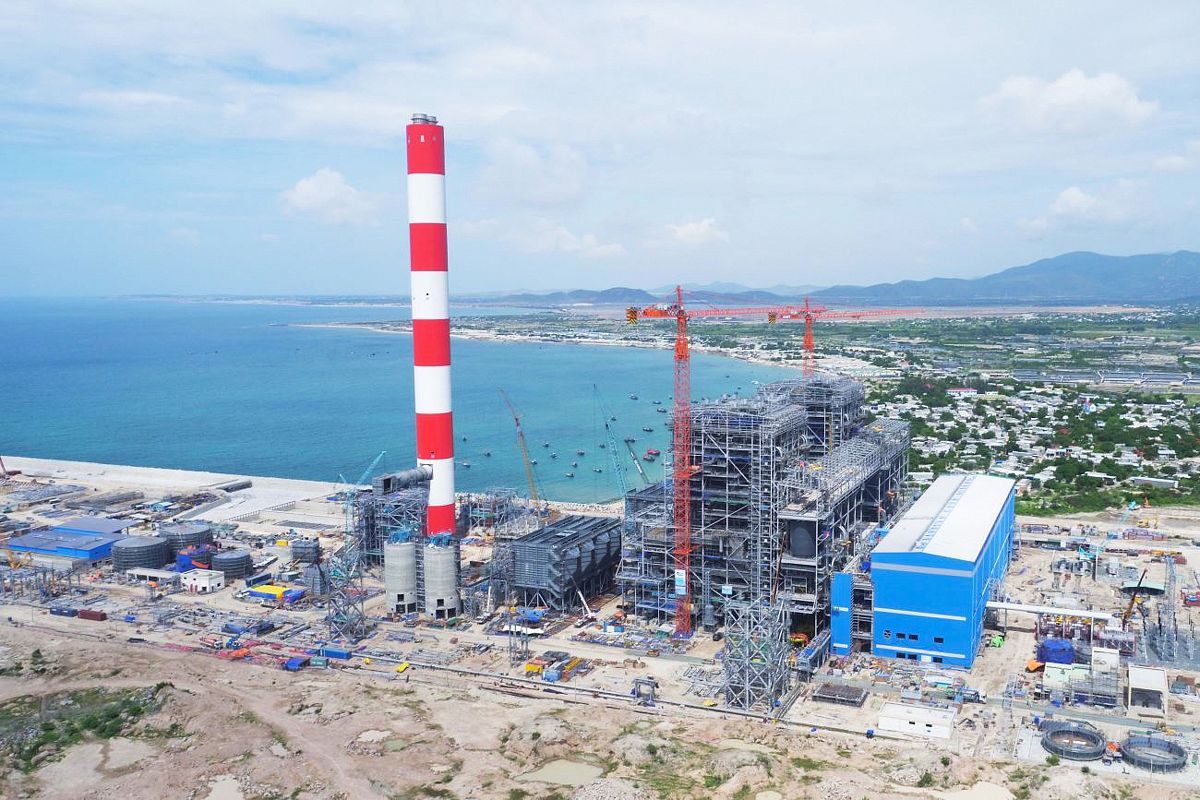Provinces throughout the Mekong Delta are struggling to keep up with the increasing amount of garbage created by the region's growing cities.
According to Tuoi Tre, most of the delta's urban areas lack the necessary waste treatment facilities. In Vinh Long, for example, the Phuong Thao Joint Stock Company opened such a plant in March 2013, only to close it that October over a pay dispute with local officials.
The facility reopened in May 2015, but by then the province's landfill was nearly full, the news source reports.
Meanwhile in Long An, Saigon's neighboring province, the Tam Sinh Nghia waste treatment facility was originally designed to handle household rubbish, much of which would be recycled and composted, according to Tuoi Tre.
However, composting was never carried out. Instead, this process was passed on to a facility in Saigon's Cu Chi District, while Tam Sinh Nghia's incinerator soon became overloaded.
Can Tho, the Mekong Delta's largest city, also faces a serious garbage problem. The news source shares that city workers collect around 650 metric tons of rubbish daily, 390 of which are incinerated at three facilities, while the remainder is buried at the O Mon landfill.
The smell of the landfill has angered local residents, and the city aimed to open a new waste treatment plant that could handle 400 metric tons of garbage a day this month. However, the facility has yet to begin operations.
Dr. Le Anh Tuan from Can Tho University told the news source that there isn't a single modern waste treatment facility in the entire region, with the majority of trash either incinerated or buried, causing pollution.
[Photo via Tai Nguyen & Moi Truong]















